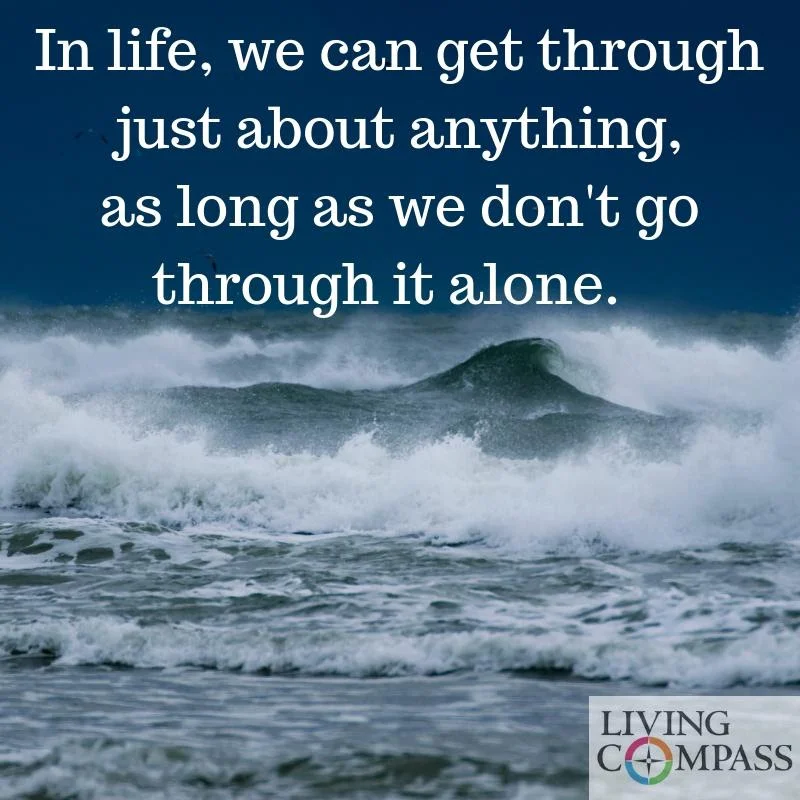Healing Takes Time
While I am busy leading a training retreat in Chicago this week, my wife Holly is participating in the "Healing Trauma, Healing Communities Conference" in Milwaukee, Wisconsin. (Cllck here to learn about the conference). Over 1200 people from across the country are attending this gathering of some of the most nationally renown experts on trauma-informed care. It is encouraging to know that so many people are committed to helping others heal. The research clearly shows that unhealed trauma is a leading cause of many of the physical, emotional, relational, and spiritual health struggles found in Milwaukee, and all of our communities.
One of the complicating factors of helping people heal from trauma is that people have a high capacity to hide the effects of traumatic experiences, not just for days or weeks, but even for decades. Hiding the injury initially seems like a good strategy of self-protection, but while things may look fine on the outside, the trauma is still being experienced internally. Stress levels may remain high, impacting the person at every level and the painful effects of the injury can, therefore, be triggered at any time.
A few years ago I wrote a column about a very minor trauma I experienced that involved having a fish hook embedded in my thumb. While the trauma was insignificant compared to what many others have experienced, the lesson learned from my healing process was profound. I would once again like to share some of the ideas from that column in hopes that they help us all better understand this important topic today. What follows is an excerpt from my original column.
It's been a month since the emergency room physician removed the embedded hook, and I have learned a valuable lesson from the healing process. What has been remarkable is how quickly the surface level of my injury has healed. The hole in my skin where the hook entered (and exited with the help of the doctor) has completely healed. If you were to look at it, you would not be able to notice that there had been an injury. The internal healing, however, has been much slower. I still have a great deal of pain deep within my thumb, and any bumping of it continues to trigger great discomfort.
The lesson in this is clear. Just because a person's wound may look healed and completely fine on the outside doesn't mean that the deeper, internal healing process matches the outside appearance. A person who has experienced a traumatic loss or injury of any kind may appear "fine" shortly after their painful experience. They may even report that they are "fine" when asked. But we need to be aware that the healing of the deeper wound from their loss will take much longer. It is also wise to know that any experience that bumps up against this loss will continue to cause discomfort for a long time, perhaps for years, to come. This is why if you ask someone about a loss or trauma that occurred many years ago, you will often find that the emotions related to the initial experience come to the surface quite easily.
Perhaps you know someone who looks like they are doing "fine" on the outside but is still experiencing a deeper, internal pain on the inside. Maybe that person is even you in some way. I hope my lesson from my unfortunate tangle with a fish hook in my thumb can serve as a reminder that deeper healing always takes longer than we expect. We are thus wise to be careful and gentle with ourselves and/or others during the healing process, listening deeply and offering compassion and care.
Subscribe Now to Weekly Words of Wellness:
Click the button below to signup for the e-mail version of Weekly Words of Wellness. This weekly article can be shared with your community electronically and/or used for group discussion.
You can unsubscribe at any time.




